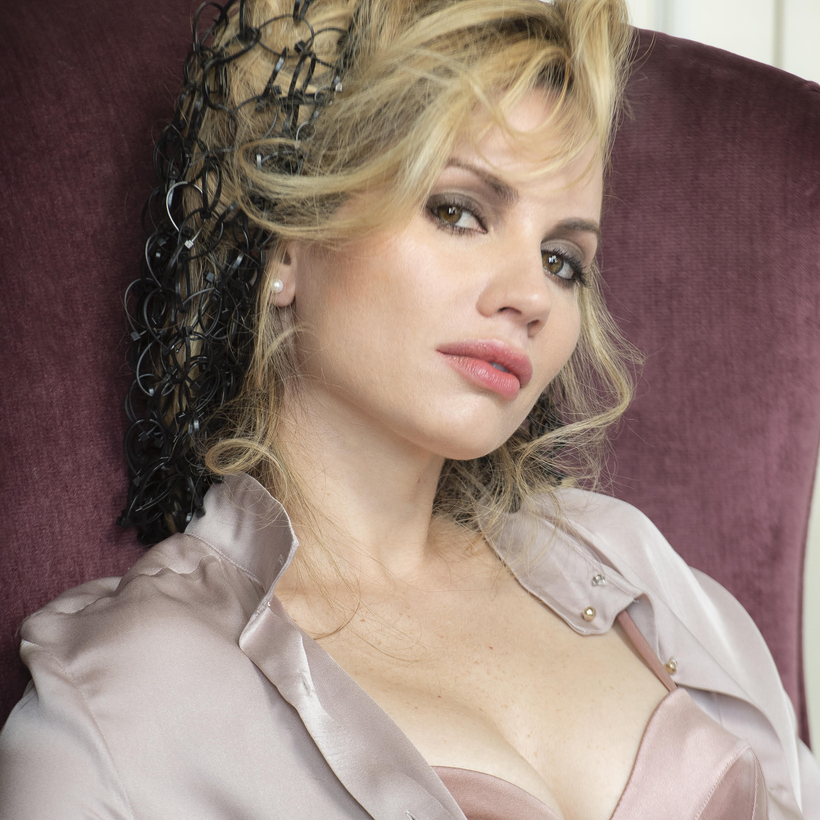Here’s the problem with being Joss Sackler right now. No matter what you might try to do—buy a case of LaCroix, enroll your kid in jujitsu, donate to charity, gin up something resembling a career—you’re still a Sackler. You know, of the OxyContin Sacklers. Your family and its primary contribution to society have created a chilling national crisis. In the past two decades, opioids have produced millions of addicts, nearly 400,000 deaths, and lawsuits (against Sackler-owned Purdue Pharma) in 48 states and more than 500 cities. And so you, your humanity, is secondary to your Sacklerness. Online, you are targeted by trolls; in the press, you are largely damned. Daily interactions with your fellow man could be very unpleasant. Your name has been removed from (so far) one museum wall. The Met has announced that it will decline your donations.
But you remain a Sackler, and rich as sin. (In 2015, Forbes reported that the core contingent of this sprawling and occasionally contentious family is worth, in a “conservative” estimate, around $14 billion.) So you can at least attempt to purchase some privacy. Cars with drivers, planes with private pilots, mansions with gates—expensive, if ultimately futile, ways to shield yourself from your familial legacy.


